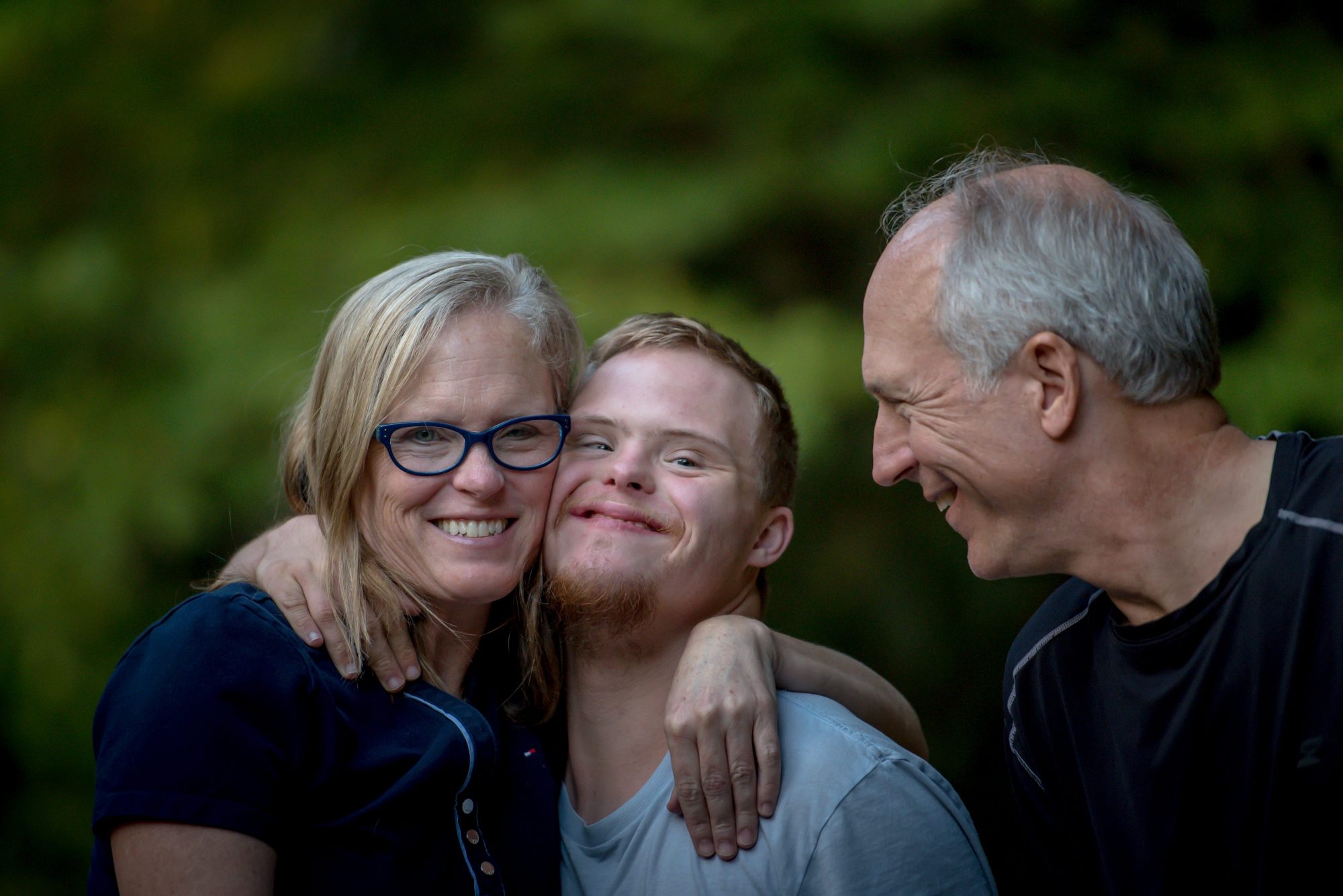Exploring support for people with IDD to find loving relationships
Research team: Michelle McCarthy (PI), Rachel Forrester-Jones, Claire Bates, Karen Milne-Skillman, Nicola Elson
Research
Background:
Historically, adults with IDD were considered not to have the same emotional and sexual needs as other adults. In the past, institutionalisation (with strict gender segregation) and compulsory sterilization were used to prevent adults with IDD from enjoying opportunities for a full life including social and sexual relationships. Even though in more recent decades, such practices and ideas have thankfully fallen into disrepute, it is still often very problematic for adults with IDD to find a partner. Changes in service philosophy and ideology have driven a great deal of change in service provision in recent decades, yet when it comes to personal and sexual relationships, the evidence seems to suggest that “the ideological shift in emphasis has outpaced changes in practice” (Healy et al 2009:906). One of the main recommendations of a large study on attitudes to sex and relationships for young people with IDD was that “Negative attitudes of professionals, parents and other people towards people with IDD around the issue of sex and relationships need to be challenged by awareness raising and education” (CHANGE 2010:94).
Adults with IDD still often find themselves in a position where they are not given the support they need to find, and keep, a partner, despite this being a life goal for many (Bates, Terry and Popple 2016). Indeed, there is evidence that even non-sexual relationships ie close friendships, can be difficult for adults with IDD to find, as they lack the necessary support to develop and maintain them (Emerson and McVilly 2004). Gomez states that “establishing and maintaining sexual and intimate relationships during adult life is an expectation in most cultures and yet, people with intellectual disability are sexually disenfranchised” (2012:241). It is this disenfranchisement from typical adult relationships that this research project seeks to explore.
Aims:
– to explore the experiences and social care needs of adults with IDD in relation to finding partners, forming and maintaining long term relationships. We will include the experiences of people with IDD who have established loving relationships, as well as those who would like this, but have not been able to achieve this. The main method here will be the in-depth individual interviews.
– to investigate the model of specialist dating agencies for people with IDD, in particular, their funding and staffing structures, their longevity and ‘success’ rate. This will take more of a scoping exercise approach.
– to explore with social care practitioners and family carers the myriad ways in which they could, and perhaps, do support adults with IDD to form and maintain relationships. The main method here will be the focus groups.
Method:
Using purposive sampling we will aim to recruit up to 40 adults (broadly 20 women and 20 men) who have mild to moderate IDD and who are able to participate in a face-to-face interview. We will aim to recruit these participants from IDD organisations in England and Wales. We will seek to recruit participants from different ethnic groups across a broad age range and encompassing different sexual orientations.
We will also aim to recruit 20 professionals and 20 family carers from statutory and voluntary organisations.
We will also aim to recruit all, or as many as possible, of the specialist dating agencies for people with intellectual disabilities.
Plain English Summary
Just like other people, most adults with learning disabilities say that they would like to meet a loving partner and have a long term relationship. But it is often difficult for them to do these things. They may need support from others, but they often do not get it. Other people, including their parents and staff members, do not always agree with them having relationships or they are too busy to help. Sometimes it can be difficult for people with learning disabilities to have privacy and that makes it hard to have a relationship.
This research project is going to look at the different ways people with learning disabilities are being and could be, supported to find a partner and form a lasting relationship. We will find out about some of the dating agencies which help people with learning disabilities to find a partner.
We will do this by pulling together information about what has already been done (in this country and in others, for example, Holland, where there is strong interest in this topic). Then we will talk to approximately 40 people with ID, 20 professionals and 20 family carers. We will do this on a one-to-one basis or sometimes in groups.
When we talk to people with learning disabilities themselves, we will find out what support they want and need, to form relationships. We will try to understand what some of the common problems are and look at ways of overcoming them.
We will ask some people with learning disabilities to advise us about how we should do this research.
In the end, we will tell people what we found out and give some good ideas about how people with learning disabilities can be better supported to find, and keep, a loving partner. We will work with some people with learning disabilities to produce some easy to understand information to help them get what they want when it comes to relationships.
Findings
The first video “Love is a Wonderful Feeling” is now live. This is one of the outputs from the recently completed research on exploring loving relationships for people with learning disabilities. Hard copies of this are available free of charge (on memory sticks) to any people with learning disabilities who don’t have easy access to the internet. Contact Michelle McCarthy (m.mccarthy@kent.ac.uk ) if you would like one.
